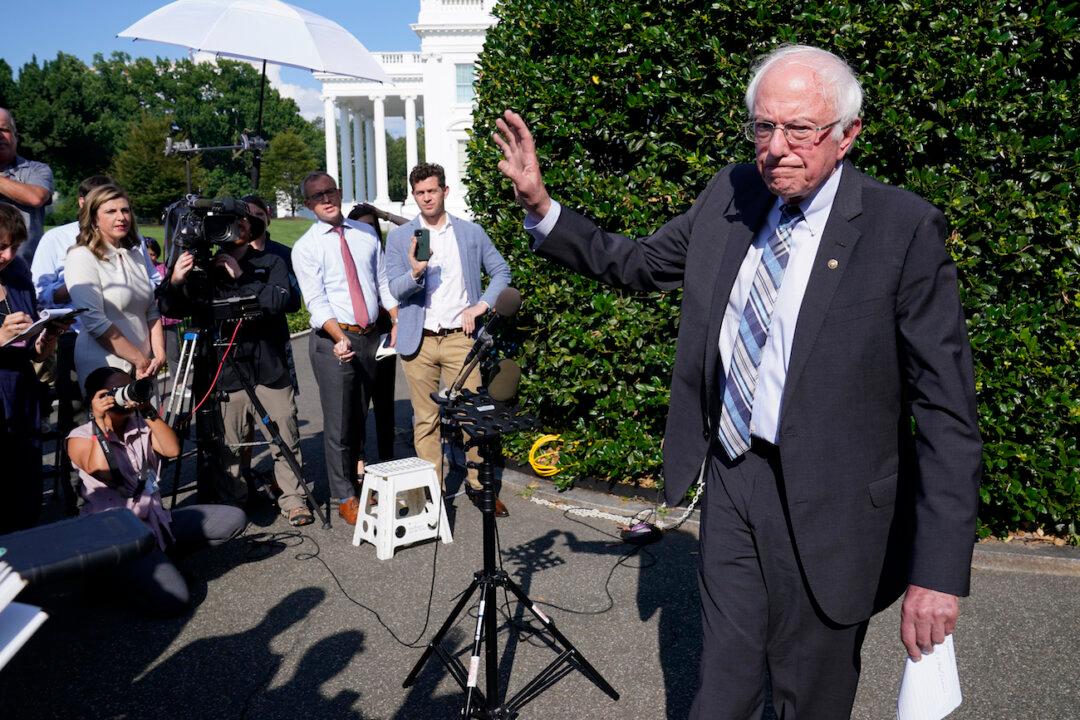Sen. Bernie Sanders (I-Vt.) announced on March 7 that Starbucks CEO Howard Schultz has agreed to appear before his Senate committee.
Sanders, who chairs the Senate Health, Education, Labor, and Pensions (HELP) Committee announced that Schultz would appear before the committee on March 29.





